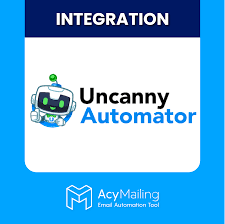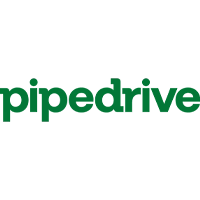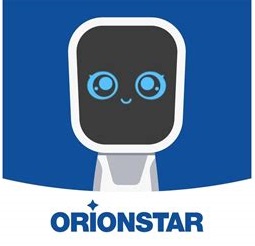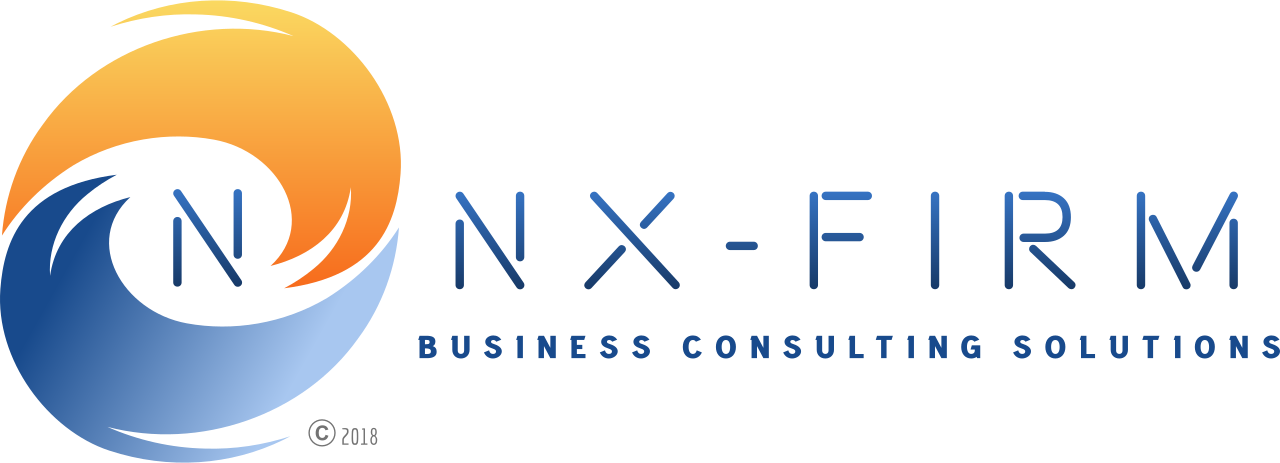Revolutionizing Customer Relationship Management with Marketing and CRM Automation
Introduction
In the ever-evolving landscape of digital marketing, businesses are constantly seeking ways to streamline operations and enhance customer relationships. Marketing and Customer Relationship Management (CRM) automation offer powerful tools to achieve these goals. This article explores the benefits, implementation strategies, and best practices for integrating marketing and CRM automation into your business.
Understanding Marketing and CRM Automation
Marketing Automation
Marketing automation involves using software to automate repetitive marketing tasks. This can include email campaigns, social media posting, and ad management. The goal is to nurture leads, drive customer engagement, and improve marketing efficiency.
CRM Automation
CRM automation refers to the use of technology to automate customer relationship management tasks, such as tracking interactions, managing customer data, and facilitating communication. CRM systems help businesses understand their customers better and foster stronger relationships.
Benefits of Marketing and CRM Automation
1. Enhanced Efficiency
Automation eliminates the need for manual, repetitive tasks, allowing marketing and sales teams to focus on strategic activities. This increases productivity and ensures consistent execution of marketing and CRM tasks.
2. Personalized Customer Experiences
By leveraging data and automation tools, businesses can deliver personalized content and offers to customers at the right time. This personalization enhances customer satisfaction and loyalty.
3. Improved Lead Management
Automation tools can track leads through the entire sales funnel, ensuring timely follow-ups and nurturing. This leads to higher conversion rates and increased sales.
4. Data-Driven Insights
Automated analytics provide real-time insights into customer behavior, campaign performance, and sales trends. Businesses can use this data to refine their strategies and make informed decisions.
5. Cost Savings
While there is an initial investment in automation tools, the long-term cost savings from improved efficiency, higher conversion rates, and better customer retention make it a worthwhile investment.
Implementing Marketing and CRM Automation
1. Define Your Objectives
Clearly define your goals for implementing automation. Are you looking to increase lead generation, improve customer retention, or streamline marketing efforts? Having specific objectives will guide your strategy and help measure success.
2. Choose the Right Tools
Select automation tools that align with your business needs and objectives.
3. Integrate Your Systems
Ensure that your marketing and CRM systems are integrated to allow seamless data flow. This integration enables a unified view of customer data, facilitating better decision-making and personalized marketing efforts.
4. Segment Your Audience
Use automation tools to segment your audience based on demographics, behavior, and preferences. This allows for targeted marketing campaigns and personalized customer interactions.
5. Create Engaging Content
Develop relevant and engaging content tailored to each segment of your audience. Automated campaigns should provide value and encourage desired actions from recipients.
6. Monitor and Optimize
Regularly monitor the performance of your automated campaigns and CRM activities using analytics tools. Use the insights gained to make necessary adjustments and continuously optimize your strategy for better results.
Best Practices for Marketing and CRM Automation
Focus on Data Quality
Ensure that your customer data is accurate and up-to-date. High-quality data is essential for effective segmentation, personalization, and analytics.
Prioritize Customer Experience
Always prioritize the customer experience when designing automated campaigns and CRM processes. Personalization and timely communication can significantly enhance customer satisfaction and loyalty.
Test and Refine
Regularly test different elements of your automated campaigns, such as email subject lines, content, and timing. Use A/B testing to determine what works best and refine your strategy accordingly.
Train Your Team
Provide continuous training and support to your marketing and sales teams to ensure they are proficient in using automation tools and can leverage them effectively.
Conclusion
Marketing and CRM automation are powerful tools that can transform the way businesses engage with their customers. By automating repetitive tasks, delivering personalized experiences, and leveraging data-driven insights, businesses can improve efficiency, enhance customer relationships, and drive growth. With the right strategy and tools, marketing and CRM automation can become a cornerstone of your business success. Ready to automate? Book a free initial Nx-Firm Business Solutions consultation




















